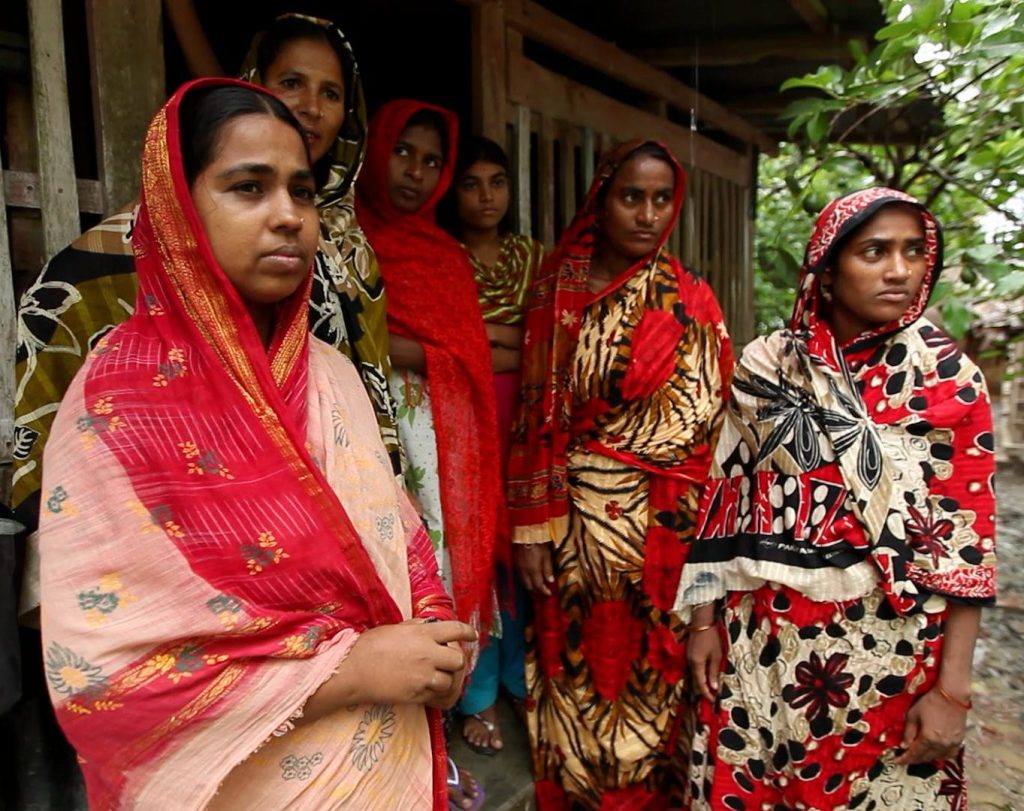GPSA projects
Social Engagement for Budgetary Accountability (SEBA)
Country: Bangladesh
Sector: Governance - Budget Transparency
Executing Agency: Manusher Jonno Foundation
Grant Amount: $848,968
Closing Date: July 2017


Frame and Challenge
The Government of Bangladesh has taken steps to provide better services for impoverished citizens by increasing community involvement in local governance. In 2009, the Government passed the Local Governance Act, emphasizing needs for greater accountability and community participation in Bangladesh's 4,550 Union Parishads (UPs), which are the smallest administrative units responsible for law and order, social welfare, and public services. In the same year, the Government passed the Right to Information Act to improve transparency and accountability. Bangladeshi officials and donors have since supported initiatives which bolster these reforms, such as the World Bank's Second Local Governance Support Project (LGSP2).
Despite these positive developments, local officials face difficulties in improving governance at the local level. UPs are not consistently managed with transparency and citizens have limited channels to participate in public budgeting. There exists a twofold challenge in supply and demand. On one hand, officials at the UP-level lack clear understanding of their roles and/or the skills to manage and disseminate budgetary data. On the other hand, the poor have limited capacity for self-mobilization, application of social accountability tools, and results-oriented engagement with local authorities.
Solution
In early 2014, the GPSA awarded a grant to the Manusher Jonno Foundation (MJF), an NGO working in governance and human rights, for a project that intended to increase transparency and accountability in 45 UPs, representing diverse geographic areas, and to enhance participatory channels for women and the poor in public budgeting processes. MJF selected five CSOs through a competitive process and trained them to implement social accountability tools in the 45 UPs. This grant complements another 2013 GPSA grant to CARE Bangladesh supporting similar capacity building processes in UPs. The grant to MJF had four components, which aimed to:
- train community groups in social accountability tools and ways to disseminate budget data;
- build the capacity of CSOs to implement social accountability tools;
- harness tools introduced in UPs, such as citizen report cards, to develop policy notes and advocate for changes at local and national levels; and
- develop and share knowledge materials and lessons with broader social accountability practitioners.
Outcomes
The grant led to positive changes in in citizen participation and attitudes towards government accountability over its four-year timeframe, such as:
- 295,481 citizens participated in local meetings
- 405 local committees, 45 citizen forums, and 45 social audit committees, with significant female membership, were established to influence allocation of local government grants to address communities’ issues, including those affecting women.
- 90 joint action plans were developed to monitor changes in service delivery systems.
- Local governments proactively disclosed information using pro-poor methods and organized ward shava and open budget meetings.
- An increase in the percent of people aware of UP budget processes, partly due to publication news stories on UP budget processes, community engagement, and related topics.
- An increase in the average percentage of people who recognized government monitoring and accountability from 18% to 84% based on indicators such as documentation of meetings, notices of organized open meetings, and citizen perception of monitoring and accountability tool-application.
- The regular maintenance and revision of community notices and implementation of Digital Information by all 45 UPs.
Lessons Learned
There are many takeaways from the SEBA project relating to the pillars of increased transparency, accountability, capacity and knowledge-sharing including that:
- Engraining social accountability is a process and requires reasonable amounts of time to be successful, because the process involves calling on alterations to practices at the local government level through activities that closely involve both service providers and community recipients.
- Maintaining the Project’s pillar of increased transparency of Ups will require the continued combination of ensured proactive information disclosure by the Ministry, regular visits to the Ups by responsible public officials, and regular reports from UP Information Centers.
- Governance projects may carefully consider the period of project activity so that each election cycle sees a new UP educated or re-informed on matters of social accountability.
